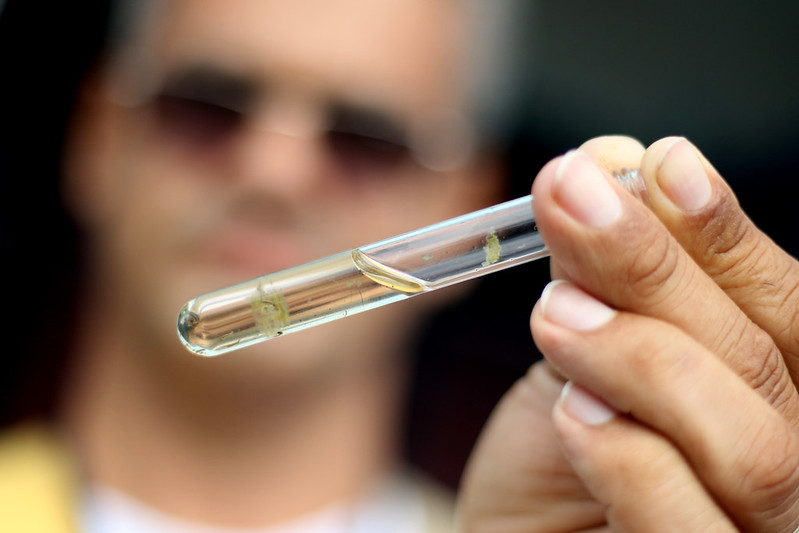Photo: Rodrigo Nunes/MS
An innovative, self-sustaining methodology will be launched in Joinville, in the north of the state, to combat dengue fever. Technology Wolbachia It will complement other mosquito prevention measures in the municipality from 2024. The method consists of releasing mosquitoes into the environment Aedes aegypti With bacteria WolbachiaThis reduces its ability to transmit diseases.
This technique has been implemented in several countries, including Brazil, to prevent dengue, chikungunya and Zika viruses from developing in the vector. It is important to emphasize that no genetic modification occurs in mosquitoes, nor does it cause undesirable effects on humans.
The World Mosquito Control Program in Brazil (WMPBrasil) project was developed by Fiocruz, in partnership with the Ministry of Health and the Pan American Health Organization (PAHO). “The State Ministry of Health (SES) will support the municipality in implementing the methodology, providing technical support and some input in the implementation of this new technology,” explains Ivania Fölster, Director of Zoonoses Surveillance at the Directorate of Epidemiological Surveillance (Diving).
The municipality of Joinville was selected by the Ministry of Health, based on criteria of climatic viability, resident population and history of high dengue transmission. In addition to Joinville/SC, in Brazil, the municipalities of Presidente Prudente/SP, Foz do Iguaçu/PR, Natal/RN, Uberlândia/MG and Londrina/PR were also selected to implement the Wolbachia method.
“It is important to highlight that this technology joins other mosquito control strategies, which are everyone’s responsibility. The government and residents must continue to do their part. Eliminating places with stagnant water is still the best way to prevent arboviruses,” highlights the boss.
Wolbachia
a Wolbachia They are microorganisms present in about 60% of insects in nature, but absent in insects Aedes aegypti. Once artificially introduced into eggs, Aedes aegyptiThe ability of mosquitoes to transmit the virus decreases. With the release of mosquitoes with WolbachiaThe trend is for these mosquitoes to become dominant and for the number of cases associated with these diseases to decrease in the municipality.
Actions against dengue in SC
Measures to prevent and control mosquitoes Aedes aegypti They are permanent and are treated as a priority by the state government.
The state constantly provides technical support to municipalities and supplies them with inputs, such as larvicides, insecticides, diagnostic tests, as well as methods for using insecticides. Resources were also invested in communication measures, such as advertising campaigns.
Furthermore, SES announced the transfer of R$10 million to municipalities for mosquito control measures. The first part (R$ 5 million) has already been made available. Municipal health departments should use this resource to fund activities anticipated in Government guidelines for epidemiological surveillance and control of Arboviruses in Santa CatarinaThis is in accordance with the standards approved by the Bilateral Board of Directors (CIB) through Deliberation 693/CIB/2023such as staff recruitment, local procedures, clean-up efforts and other measures needed to prevent the spread of the dengue mosquito.
View the latest epidemiological report on dengue, chikungunya and Zika in Santa Catarina, here.
Additional information for the press:
Amanda Mariano / Bruna Mattos / Patricia Puzo
NUCOM – Directorate of Epidemiological Surveillance (Diving)
State Department of Health
Phone: (48) 3664-7406 | 3664-7402
e-mail: [email protected]
www.dive.sc.gov.br
Instagram: @divesantacatarina
Facebook: /divesantacatarina

“Writer. Analyst. Avid travel maven. Devoted twitter guru. Unapologetic pop culture expert. General zombie enthusiast.”


